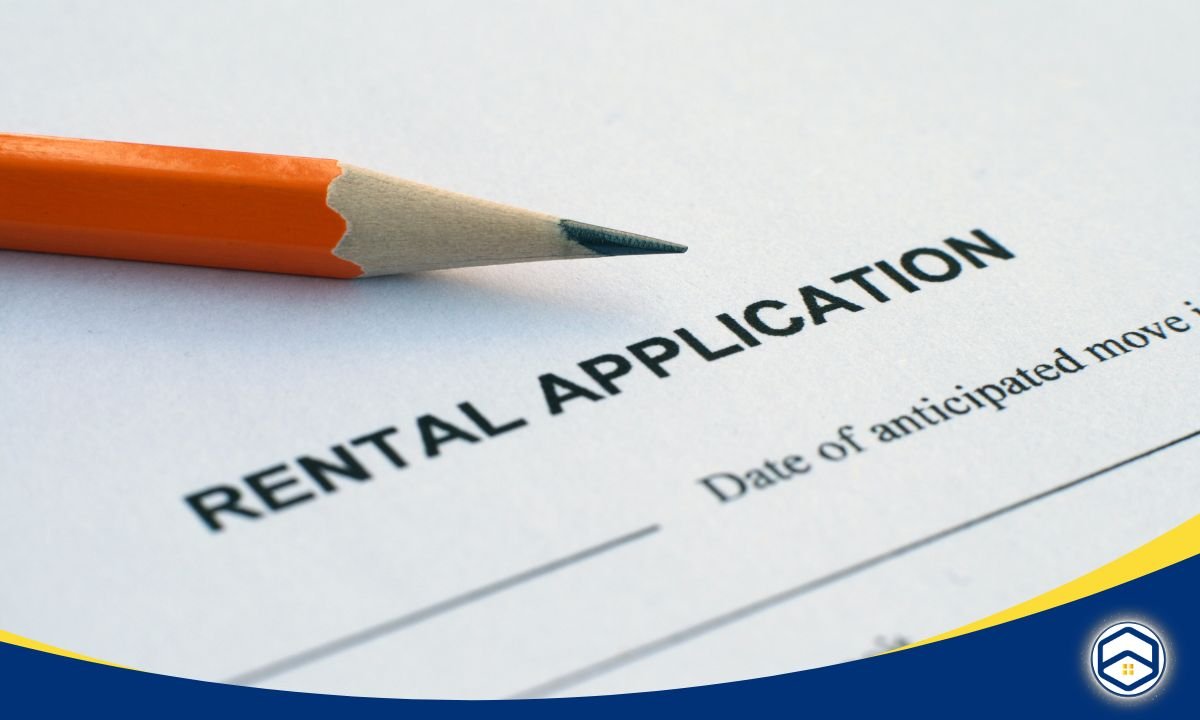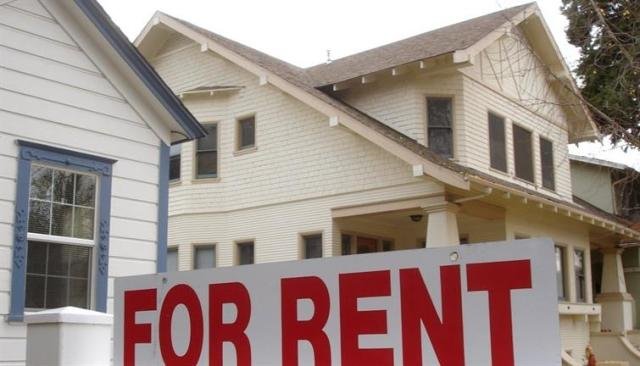Finding the right rental property in Santa Fe can be competitive and requires careful preparation, especially when it comes to submitting the correct rental application documents. These documents serve as the foundation of the application process, providing landlords with the necessary information to evaluate tenants while ensuring renters have the chance to present their qualifications transparently and confidently.
Whether you’re a prospective tenant eager to secure a rental or a landlord managing properties in Santa Fe, understanding the documentation process is essential. This guide delves into the details of rental application documents Santa Fe, offering practical advice, legal insights, and creative ideas for a smooth and efficient experience.
Why Rental Application Documents Matter
For Renters
- Competitive Edge: With Santa Fe’s growing rental demand, being well-prepared increases your chances of securing a property.
- Demonstrates Responsibility: Providing accurate and complete documents reflects professionalism and trustworthiness.
- Streamlines Approval: Submitting the right paperwork avoids delays and expedites the landlord’s decision-making process.
For Landlords
- Protects Investments: Proper documentation helps identify reliable tenants, reducing risks of late payments or property damage.
- Ensures Legal Compliance: Following established procedures safeguards landlords from potential discrimination claims or disputes.
- Simplifies Screening: A well-structured application process makes evaluating tenants more straightforward and efficient.
Essential Rental Application Documents Santa Fe
1. Personal Identification
Verification of identity is a primary requirement in rental applications to ensure the applicant is legitimate.
Examples of Documents:
- Government-issued ID (driver’s license, passport, or state ID)
- Social Security Number (for credit and background checks, if applicable)
Tips for Renters:
- Provide clear, legible copies of your identification.
- Ensure the name on your ID matches the name on your application to avoid confusion.
Tips for Landlords:
- Verify that the ID is valid and not expired.
- Avoid requiring excessive or unnecessary personal information that could raise privacy concerns.

2. Proof of Income
Landlords need assurance that tenants can afford the rent. Proof of income is a critical document that demonstrates financial stability.
Common Proofs of Income:
- Recent pay stubs (last 2–3 months)
- Tax returns (for self-employed individuals)
- Bank statements showing regular deposits
- Offer letters or employment verification letters for new jobs
- Proof of additional income sources (e.g., pensions, child support, disability payments)
Tips for Renters:
- Highlight consistent earnings or any supplemental income to strengthen your application.
- If your income fluctuates (e.g., freelance work), provide additional documentation to explain your financial situation.
Tips for Landlords:
- Ensure the tenant’s income is at least 2.5–3 times the monthly rent.
- Contact employers or other sources of income for verification if needed.
3. Credit Report
Credit reports provide landlords with an overview of an applicant’s financial history, including their ability to manage debt and pay bills on time.
What Landlords Look For:
- Credit score (generally, a score above 600 is preferred)
- Payment history (focus on on-time payments)
- Outstanding debts and loans
- Bankruptcy or foreclosure history
Tips for Renters:
- Review your credit report beforehand and dispute any inaccuracies.
- If you have a low credit score, consider offering a larger security deposit or a cosigner to strengthen your application.
Tips for Landlords:
- Use reputable credit reporting services such as TransUnion or Equifax.
- Ensure compliance with the Fair Credit Reporting Act (FCRA) when accessing or using credit information.
4. Rental History

A tenant’s rental history reveals their behavior as a renter, including whether they paid rent on time and maintained the property well.
Documents to Provide:
- Contact information for previous landlords
- Lease agreements (optional, but helpful)
- Payment records or receipts
Tips for Renters:
- Inform previous landlords they may be contacted for references.
- Emphasize positive feedback, such as a history of on-time payments or leaving properties in good condition.
Tips for Landlords:
- Ask specific questions when contacting previous landlords, such as:
- Did the tenant pay rent on time?
- Was the property well-maintained?
- Were there any issues or disputes during the tenancy?
5. Background Checks
Background checks are essential for identifying potential red flags, such as criminal history or eviction records.
Key Areas Checked:
- Criminal record (if applicable)
- Eviction history
- Employment verification
Tips for Renters:
- Be honest about past issues, if any, and explain how the situation has improved.
- Sign authorization forms promptly to prevent delays.
Tips for Landlords:
- Use trusted services like SmartMove or RentPrep for accurate results.
- Avoid blanket denials based on minor or outdated infractions to ensure compliance with fair housing laws.

6. Application Fee Payment
Landlords often charge application fees to cover the costs of processing applications, including background and credit checks.
Santa Fe Fee Range:
- Typical fees range from $25 to $75 per applicant.
Tips for Renters:
- Confirm the amount and purpose of the fee before applying.
- Ask for a receipt upon payment for your records.
Tips for Landlords:
- Communicate whether the fee is refundable or non-refundable.
- Use the funds exclusively for legitimate application processing costs.
How to Prepare a Winning Rental Application
For Renters
- Gather All Documents in Advance: Being organized shows professionalism and reduces processing time.
- Provide a Cover Letter: A personalized introduction can make your application stand out.
- Be Transparent: Address potential concerns, such as gaps in employment or a low credit score, upfront.
- Act Quickly: In a competitive market like Santa Fe, submitting a complete application promptly can be a deciding factor.
For Landlords
- Standardize the Process: Use a consistent application format to avoid unintentional bias.
- Set Clear Expectations: Inform applicants of the required documents, criteria, and processing timelines.
- Document Everything: Keep records of all applications and correspondence for legal and organizational purposes.
- Respect Privacy: Securely store sensitive information and dispose of it properly once no longer needed.
Challenges and How to Overcome Them
For Renters
- Limited Rental History:
- Use character references from employers or colleagues.
- Low Income or Credit:
- Offer a cosigner or higher deposit to mitigate concerns.
For Landlords
- Incomplete Applications:
- Provide a checklist of required documents to applicants.
- Fraudulent Information:
- Verify documents thoroughly through references or professional screening services.

Conclusion
Being prepared with the right rental application documents Santa Fe can make all the difference in securing your next home or finding the right tenant. For renters, it’s about showcasing your reliability and financial stability; for landlords, it’s about making informed decisions to protect your property and investments.
By following this detailed guide, both parties can navigate the rental process with confidence, efficiency, and peace of mind.










